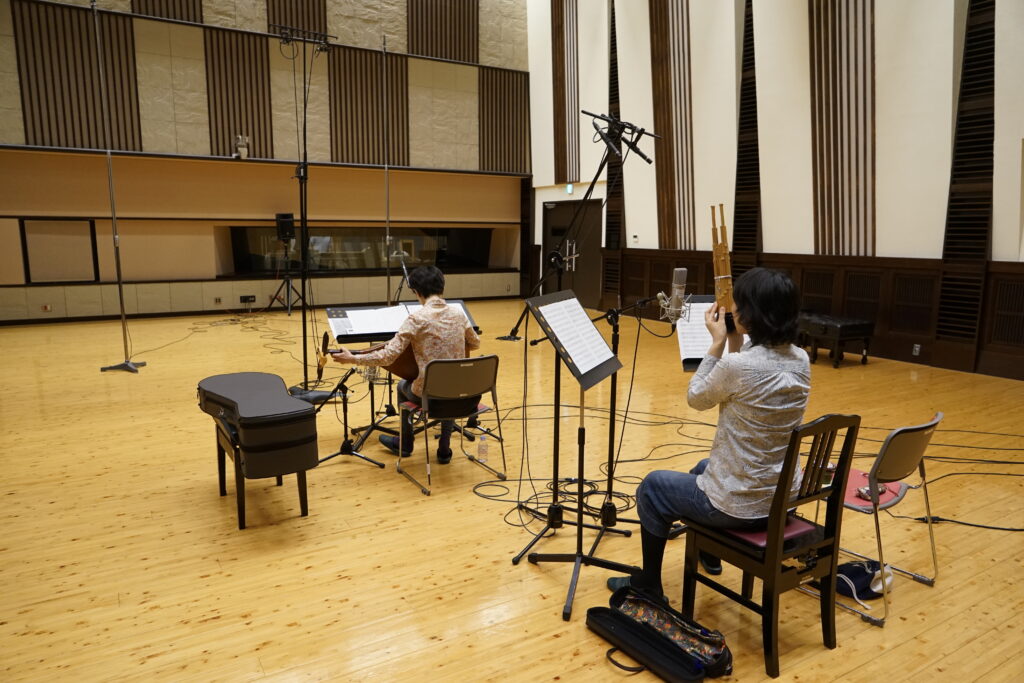
Traditional Japanese music has a unique musicality and expressiveness that cannot be reproduced by European instruments or computers.
For this reason, many people want to incorporate this ancient Japanese music into their own works, or use it in video works, etc.
However, it is also true that traditional Japanese music is difficult to approach due to the fact that scores are not used in traditional Japanese music,
there are quite unique rules, and some sounds are not produced by certain instruments.
Many composers seem to be unable to realize their projects because of the difficulty of communicating with performers of traditional Japanese music and writing scores.
For this reason, we are pleased to offer the following services related to Japanese music
We can handle every stage of the composition and production process, and can accommodate your special requests.
I have been involved in various music fields for more than 20 years since I was a student at Tokyo University of the Arts, which is why I am now able to take on this kind of work.
Please feel free to contact me for any questions about Japanese music!
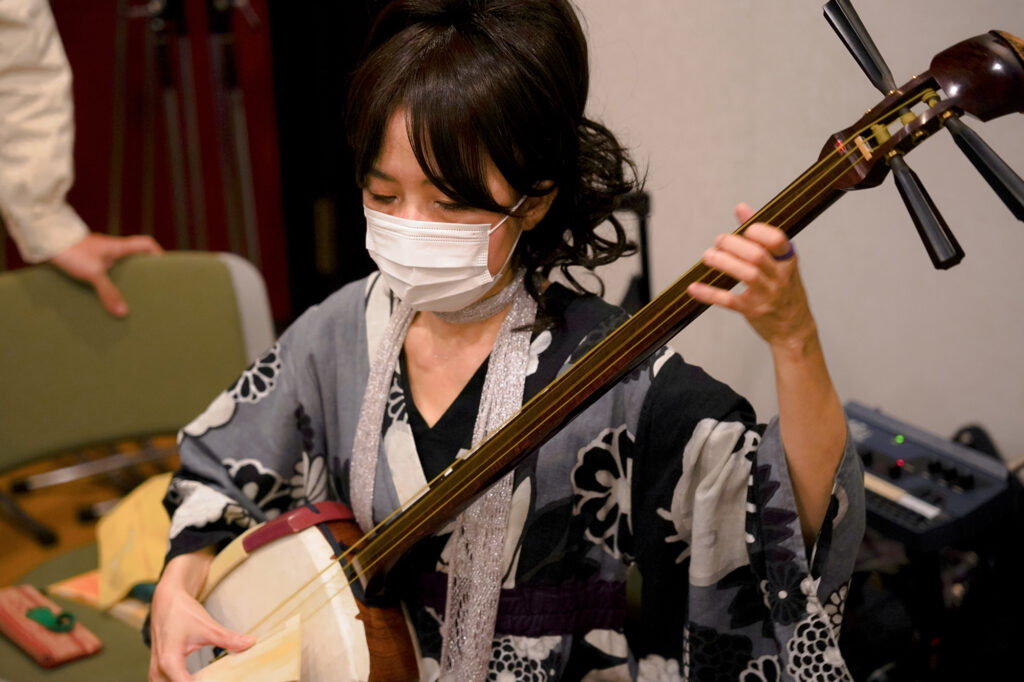
Understanding and using traditional Japanese music is not easy.
For this reason, many people long for classical Japanese music, but are not able to actually incorporate it into their compositions or other creative activities. In most cases, they use sampled sounds of traditional Japanese instruments or substitute other instruments.
As you will see when you actually experience it, there is a difference between a recorded sample of a traditional Japanese instrument and a live performance by a real musician. This makes music with live traditional Japanese music very different from other music.
Recently, we have been receiving an increasing number of requests from overseas for film and game soundtracks, not only from Japan but also from around the world. (Currently, that number is about 50% of our total.)
They seem to be seeking sounds that "cannot be expressed" or "cannot be reproduced" by computers or other instruments.
Japanese traditional music is now being appreciated around the world.
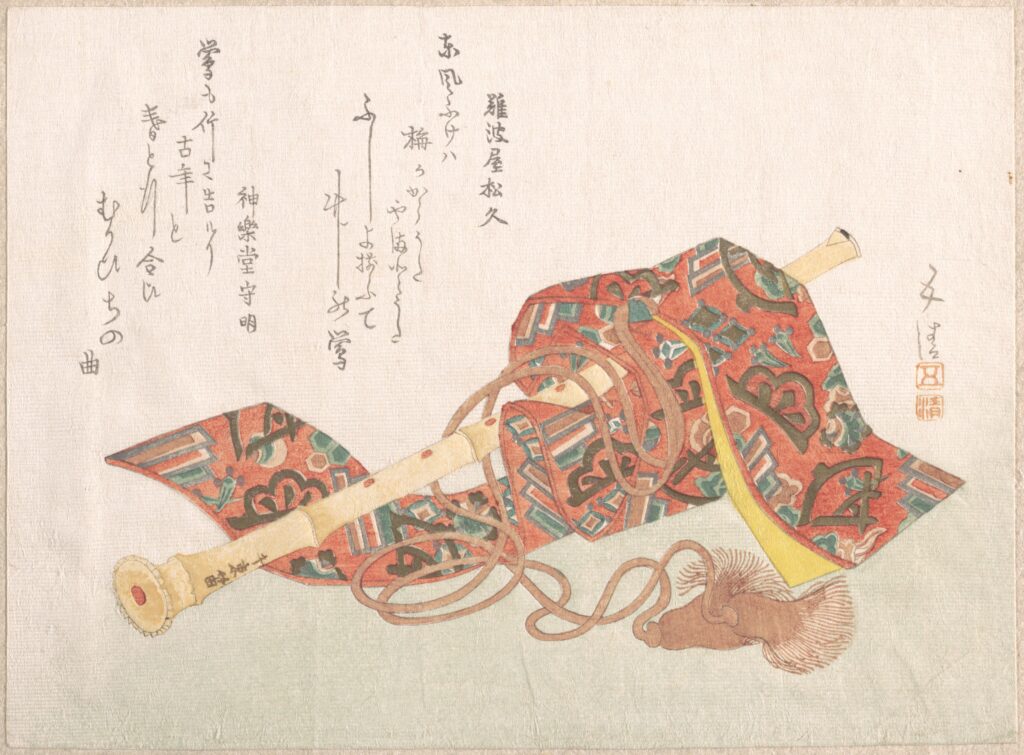
The best players of Japanese music seem to live in a world that is far removed from the world of the average person.
In fact, it is my impression that the better players are, the better people they are and the easier they are to deal with, but it is a hurdle for you to deal with them directly.
We are here to act as a liaison between you and the traditional Japanese musician to ensure that your recording or music production goes smoothly.
We can set up a direct consultation or leave all the direct contact to us.
If you are far away or have a tight schedule, we can often complete the entire process from meeting to recording via the Internet using tools such as zoom or ListenTo.
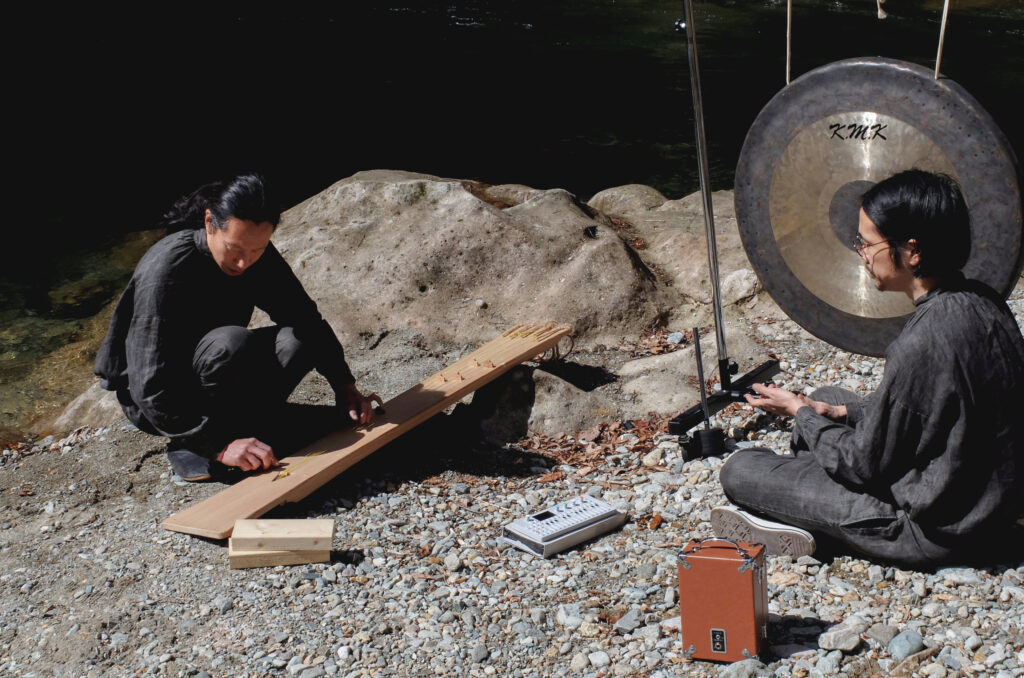
Traditional Japanese music is based on a completely different set of rules than so-called pop or classical music. It does not use staff notation, the pitch is not 440, the concept of rhythm is different, and the list is endless.
Because of these differences, many customers give up on recording their own live Japanese instrumental music or asking for compositions, but this is not the case.
Top-notch players are surprisingly flexible and willing to play your music or your original compositions. And we have no problem handling arrangements and composition requests.
We often receive requests from creators who do not write music scores.
In such cases, we can take the melody, humming, or image typed in midi data and arrange it for each instrument for recording.
Of course, each instrument has its own characteristics and features, so there are times when this type of performance is not possible.
In such cases, we will explain in advance that this part of the instrument cannot be played. Please rest assured.
It is true that it is better to study the shamisen if you want to play the shamisen and the shakuhachi if you want to play the shakuhachi. However, it takes a lot of time, so if you need the sound of a traditional Japanese instrument now, it would be better to try it out in a real performance.
Incidentally, we are sometimes consulted by people who want to have a Japanese instrument but do not know what kind of instrument to put in. In such cases, we will make suggestions after hearing about the direction of the music and your budget.
I have worked on a variety of projects, from complete beginners to soundtracks for Hollywood dramas!
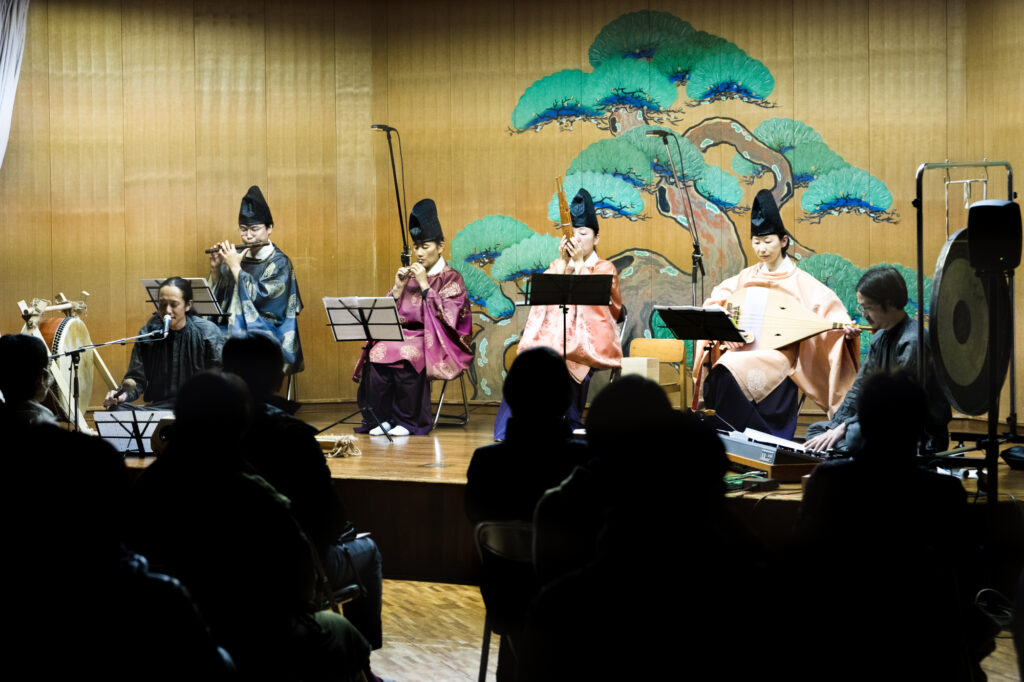
Some of you may be concerned about the budget.
As it turns out, it is best to ask for a proposed estimate.
It is difficult to provide a fixed estimate in advance due to the form of the business, as it really depends on the content of the performance, the length of the piece, the number of songs, and the recording location.
However, this may make you feel uneasy about how much it will actually cost.
Therefore, we think it is best to provide a rough estimate in advance.
Of course, estimates are free of charge, so please just contact us for a consultation.
If you can give us a rough idea of the following items, we can give you a rough budget.
(You do not need to tell us anything that is not clear.)
By the way, we also compose and record music other than Japanese traditional music, so please feel free to contact us. We are happy to record or compose music for a combination of Japanese instruments and other musical instruments.
Please contact us by e-mail or through our contact page.
Please make the subject line "Japanese Music: Request for Quotation" or something similar.
If you tell us the above information, we will reply within a few days.
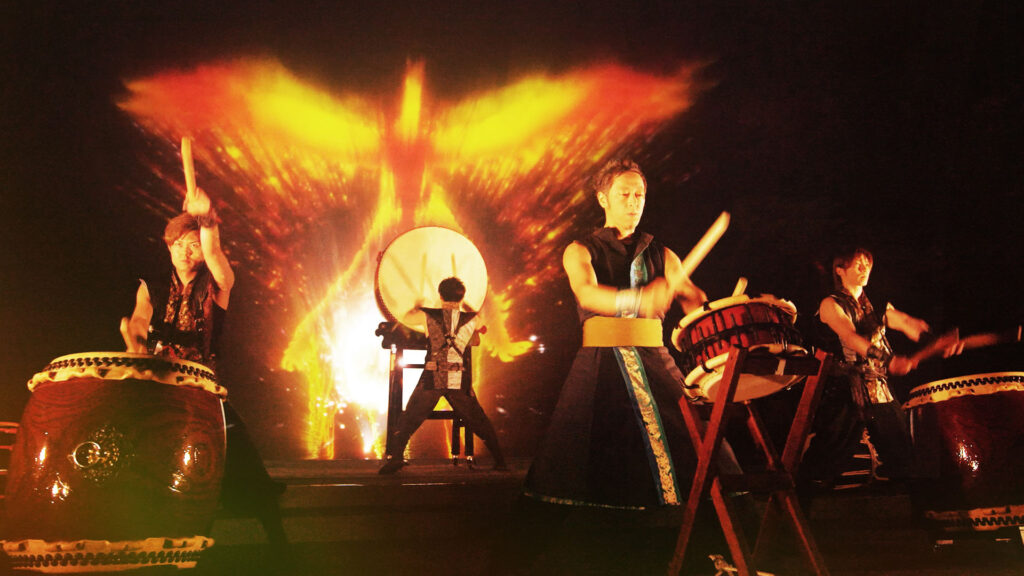
We introduce only the top level performers in Japan.
So far, we have had the following top-level Gagaku musicians: Hitomi Nakamura (Hichiriki), Kahoru Nakamura (Gakubiwa), Hanako Nakamura (Sho), Yoshiyuki Izaki (Ryuteki), Reison Kuroda (Shakuhachi), Yumiko Tanaka (Shamisen), Daisuke Kiba (Kokyu), etc. They are truly wonderful performers.
Not only are their performances excellent, but they also consider the concept and meaning of the music.
The engineer is an important part of the recording process.
We always work with excellent engineers such as Mr. Masato Hara and Mr. Bunsho Nishikawa.
(1) Gagaku instrumental Gakubiwa solo (studio recording)
(2) Gagaku instrument Sho solo (recorded at a temple)
(3) Gagaku ensemble (outdoor recording at a pond in Kyoto)
(4) shakuhachi (studio recording)
(5) Shamisen (studio recording)
If you have any other requests for sound samples, please contact us!
There are few people in Japan who compose music on Japanese instruments. In such a situation, we have arranged and composed many pieces for Japanese traditional instruments.
There are few people in Japan who compose music on Japanese instruments. In such a situation, we have arranged and composed many pieces for Japanese traditional instruments.
Gakubiwa Solo
"Brazilian Indigenous Chairs" at Tokyo Metropolitan Teien Art Museum
Gakubiwa + sho
"Tokyo National University of Fine Arts and Music, "Horyuji Temple Exhibition""
Shomyo
"Tokyo University of the Arts, "The Gallery of Horyuji Temple"
Japanese drum
"NHK Projection Mapping "Haruka""
Nebuta
"Hoshino Resort "Aomoriya""
etc.
We have not only worked with Japanese music, but mostly with other types of music such as classical and techno, and we have done a lot of work for video, space, projection mapping, etc.
We have been involved in all types of compositions and music production, and can smoothly bridge the gap between Japanese music and other fields.
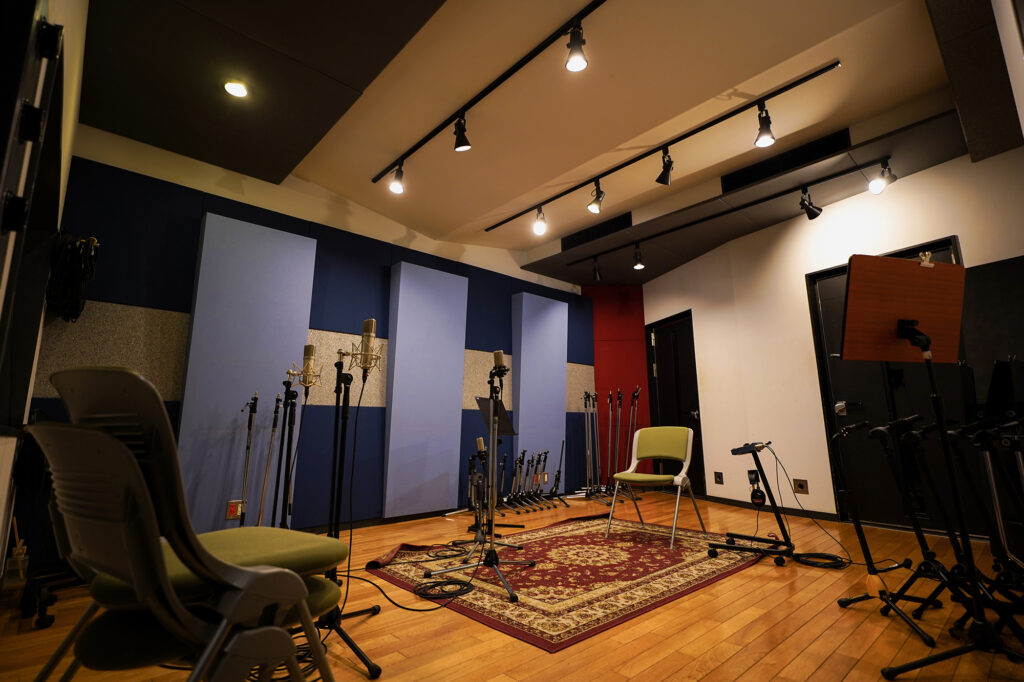
When you first start thinking about incorporating Japanese music into your project, you may think it will take a lot of work. However, if you let us handle it for you, it will be a lot less work than you might imagine.
[Recording]
1. If you already have the stave written by you
We will check if it is possible for you to play it, and if so, we will arrange a meeting.
If there is no problem, we proceed to recording.
2. If you do not have sheet music, but have midi data or a melody that you can hum
We will create a score from the midi data or melody.
If there are no problems, we will proceed to recording.
[Arrangement]
1. If you already have a track of your song and want to add Japanese instrumental sounds to it, but cannot think of a Japanese part, you can ask us to write it for you.
2.You want us to arrange a song for another instrument for Japanese instruments.
In both cases, we will create an arrangement and send it to you.
If there are no problems, we will proceed to recording.
We may ask the performer to improvise over the music.
[Composition]
1. You want to put a song with Japanese instruments in your video work.
You want us to compose an original song for you.
This is a normal composition service.
We will discuss with you what kind of music you need.
After discussing with the client what kind of music is needed, we will compose the music, check the demo sound source, and record it.
In any case, in terms of doing something with Japanese instruments I don't think there is anything special you need to do.
As long as you let us know the direction you want to take, we will basically do it ourselves.
Of course, if you wish to compose or arrange your own music, we will be happy to follow up with you.
All meetings and recordings can be done via the Internet.
Of course, it is also possible to contact arrangers and performers directly via the Internet.
You can start reflecting the sound of Japanese instruments in your own projects as soon as you receive the data.
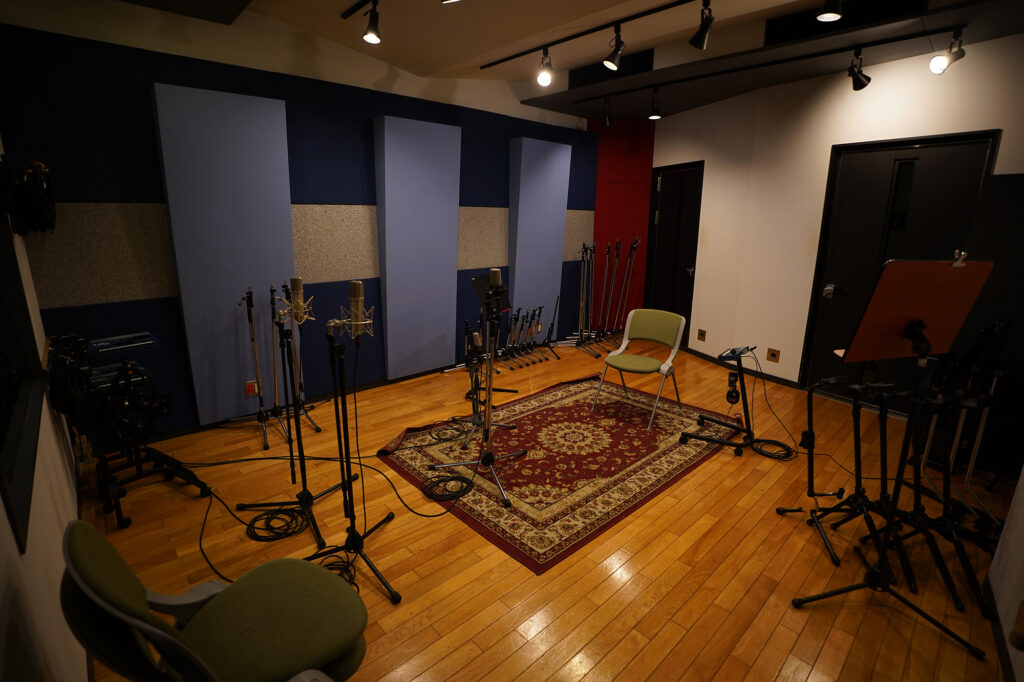
1.Please contact us by e-mail first.
Tell us what you want to do.
If you already know what you want us to do, let us know.
It would be helpful if you could tell us if it is music for a movie, an original song, and for what purpose.
2.Preparation1 - Proposal and Estimate
We will send you a proposal by e-mail regarding what you would like to do.
(We will ask you if you would like us to make arrangements, what instruments, how many performers, how many songs, where you would like to record, etc.).
Once you and we have agreed on a direction, we will send you a written estimate, and you will confirm your budget.
We will then confirm your budget and ask for a deposit of half of the estimate.
Once we have received your confirmation, we will proceed to step 3.
3.Preparation 2 - Offer to performers, arrangement, composition
Arrangement of performers, recording engineers, recording studio, etc.(We will do all of these for you)
Schedule coordination
(If you wish to record online via zoom, etc., we will coordinate the schedules of you, us, and the players.
We will coordinate the schedules of you, us, and the players)
Arrangement and composition
(If we are in charge of this)
In some cases, we can arrange a meeting between you and the players in advance.
4.Recording day
We will connect you via zoom, etc., and proceed with the recording with the performers who come to the venue, while keeping in touch with you.
Depending on the content of the recording, we may leave it to you and send you only the finished data.
Please refer to the other page for the flow of the day's recording.
5.Editing
After recording is complete, the data is basically edited using ProTools / Ableton Live / Cubase or other DAW software of your choice to complete the data.
6.Sending the data
We will send you the data completed in step 5 via the Internet.
That's it!
Please see this article for more details about the recording day.
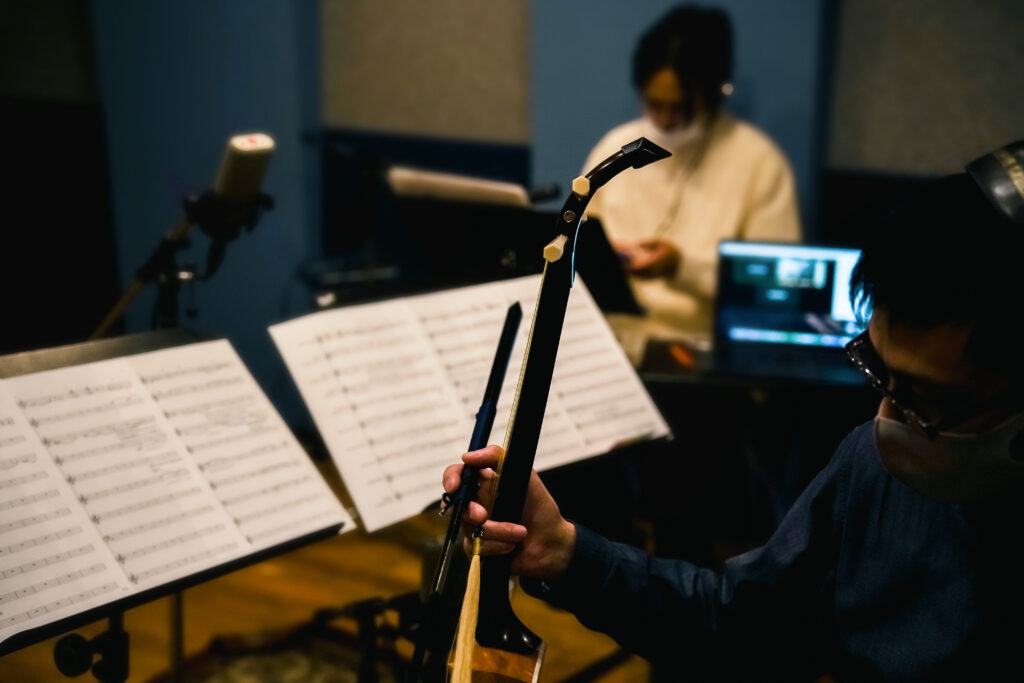
Japan is a country with a history that is more than 2,500 years old.
From ancient times to the present day, a variety of traditional music has been produced.
The range of music is so wide that it is difficult to describe in a few words the characteristics of the music as a whole.
※Please refer to this page. Listen to traditional Japanese music
Here is a very general description of its uniqueness.
1. It has a unique tone that cannot be found anywhere else in the world.
The noise that occurs when playing is considered to be very important, and is actively incorporated into the music.
The tuning is rarely 440khz. There are many types of music that do not have a fixed key.
etc.
2.Unique sense of rhythm
The sense of rhythm is unique, and the music is rarely played at a constant tempo.
Some pieces have a tempo that gradually increases from the beginning to the end of the piece( We call it " jo ha kyu " ).
In many cases, the tempo is not played at just the right time, but is deliberately shifted.
3.Unique Japanese worldview (Zen, wabi-sabi, the 8,000,000 gods, etc.)
The objects of expression in music are Zen, religion, wabi-sabi, etc., which are uniquely Japanese.
4.High scarcity value
Since much of the music is basically passed down orally, there is not a large population that can play it.
Even if there is a score, there is no common score or musical rules for all Japanese music, and each music has completely different characteristics, so there is little musical diffusion and development.
Because there are so many aspects of music that are different from Western music,
it is very difficult to control the instruments with notation and instructions as in classical music.
If you offer to record with us, we hope that you will not only be challenged to record exactly what you intend,
but also that you will enjoy the unexpected and different sounds that come out of your imagination.
For the same reason, traditional Japanese music is all about performances that cannot be reproduced by computers or electronic sounds.
If you want music like no other, please give it a try!
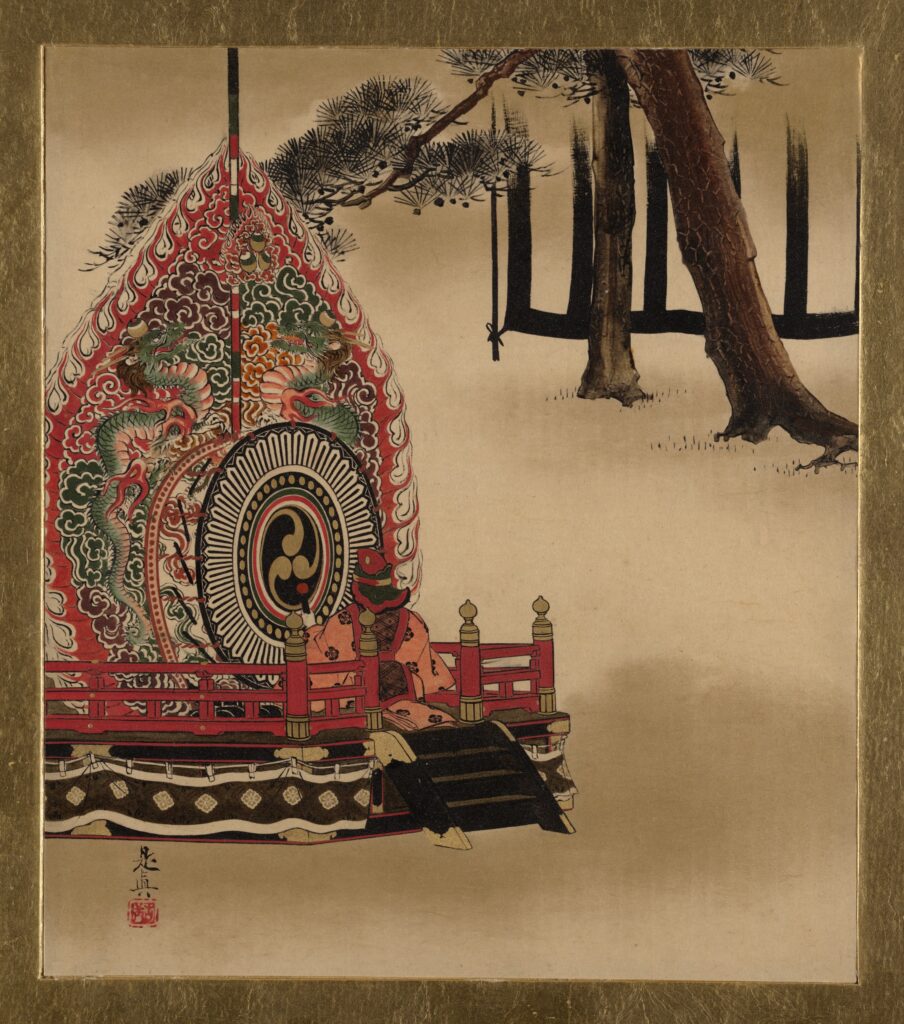
1.To be able to create a unique worldview with sounds and music that other musicians and creators have not used.
2.To be able to obtain sounds that are impossible to reproduce on a computer.
3.To be able to utilize the unique culture and flavors of Japan, such as Zen, Wabi-sabi, and the 8,000,000 gods, in your creativity.
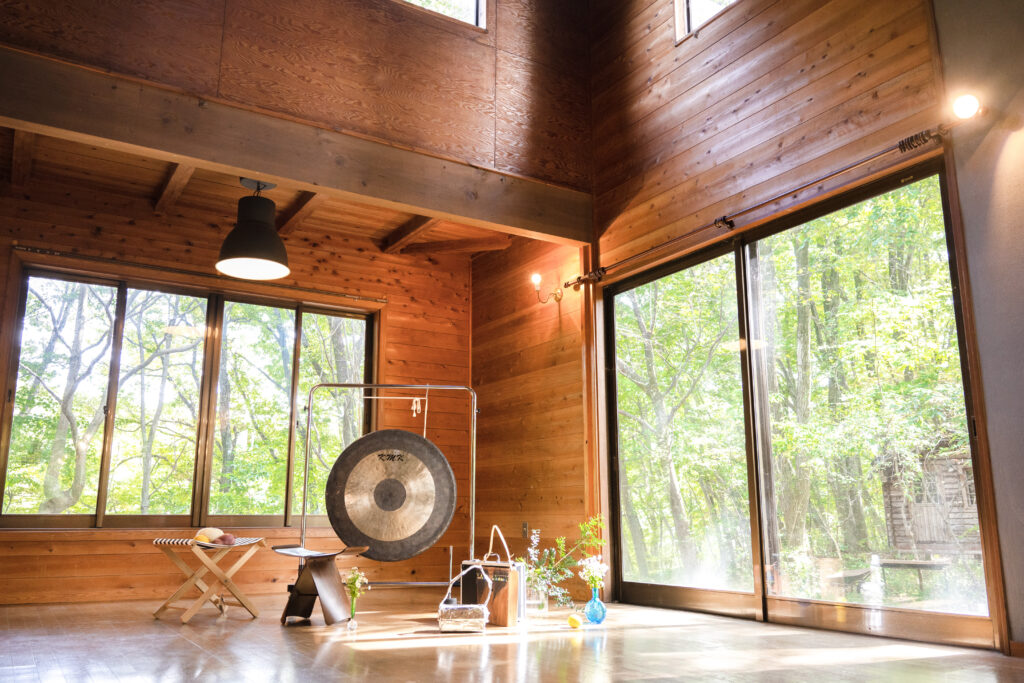
1.We have connections with various top players of traditional Japanese music.
2.We have a unique color that cannot be found anywhere else.
Please visit my personal Instagram
https://www.instagram.com/taro_ishida_/
3.We can also arrange and compose for Japanese instruments.
We ourselves have a lot of experience in composing and arranging music on Japanese instruments.
This is actually very rare in Japan.
There are very few Japanese who compose music on Japanese instruments.
So, even if you are not sure what instrument is right for your song, we can help you.
4.We have done a lot of work for video, space, projection mapping, etc.
As you can see from the Music page of this website, we have been creating music for various visual art works for over 20 years.
5.We support online recording.
We have successfully recorded over the internet many times, using software such as zoom and ListenTo, while collaborating with foreign countries.
6.Many of our engineers are excellent.
We use not only Japanese musicians but also top-notch engineers who are well-known in Japan.
For more information on our relationship with traditional Japanese music, please click here.
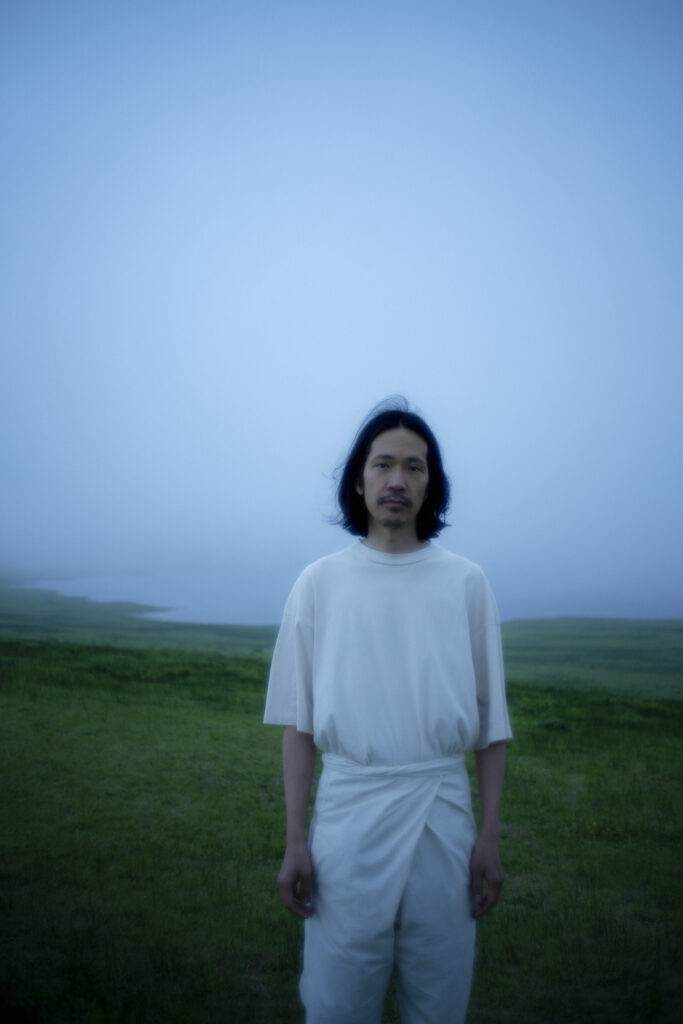
I (Ishida, the president of our company) am a graduate of Tokyo University of the Arts' Graduate School of Music.
I have been composing music for more than 20 years and have produced and delivered more than 200 songs a year.
However, I have not always been a musician.
I started music after I turned 20 years old.
After graduating from a normal university, I entered Tokyo University of the Arts as my second university.There I studied not only classical music, but also Japanese traditional music and ethnomusicology.
Therefore, I am not a musician by nature, but rather a musician with a general sense of music.
So far, I have worked and experienced countless times in video, museums, planetariums, projection mapping, and so on.
Recently, though, my opportunities to work with Gagaku and other traditional Japanese music have suddenly begun to increase.
As a result, I realized that there are not many people who can connect Japanese traditional music performers with the rest of the world, and that is why I came up with the idea of this service.
I hope this service will be useful to you.
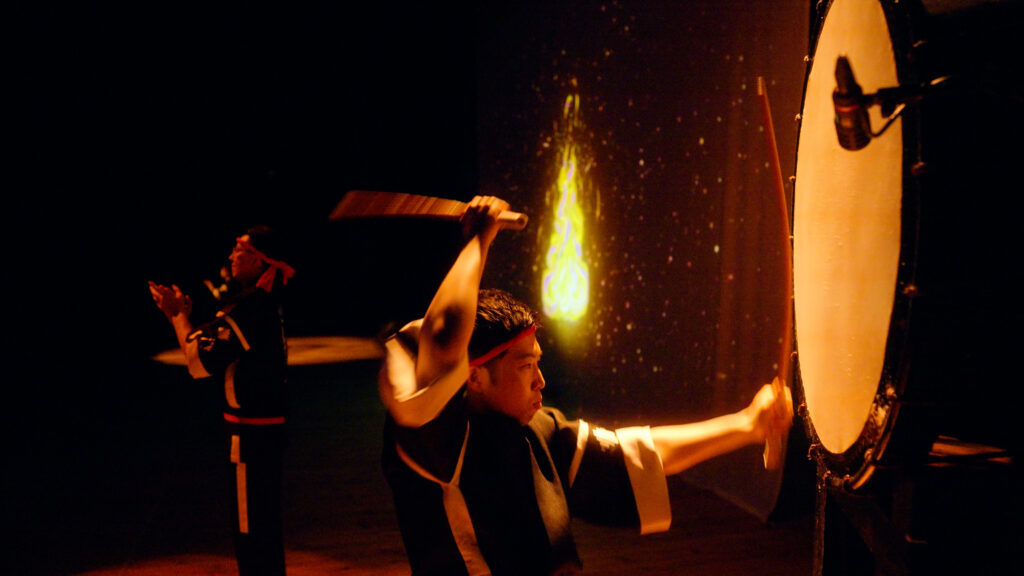
Of course, authentic Japanese music can only be found in Japan.
Furthermore, even within Japan, the number of people who play traditional Japanese music is really small.
And the top players are only a handful.
It is rare to have the opportunity to make music with such people.
You will get to incorporate great sounds into your project.
It will be a valuable experience. Please take advantage of this opportunity.
We look forward to working with you!
We look forward to hearing from you via our contact page or by email.